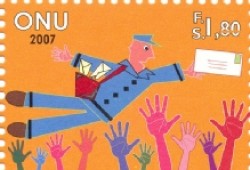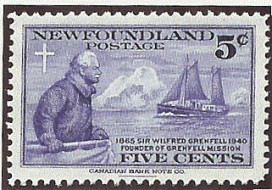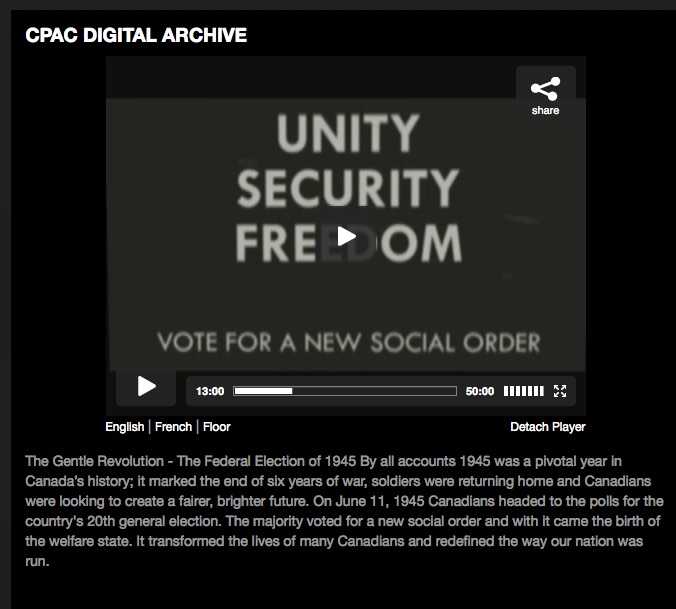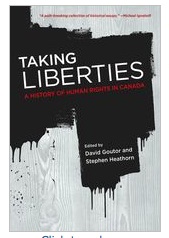Saturday, May 30 2015 from 9:00 AM to 5:30 PM (EDT), 1125@carleton, fourth floor, HCI building, Carleton University , 1125 Colonel By Drive , Ottawa, ON K1S 5B6
Commemorative stamps for Wilfred Grenfell, British medical missionary in Newfoundland from 1892 to the 1930s, with the The Royal National Mission to Deep Sea Fishermen. See http://www.grenfell-properties.com/
Dear Canadian colleagues interested in the history of humanitarian aid, As you are in the process for making your plans for traveling to Ottawa for Congress 2015 in early June, we are pleased to announce that Carleton will host the second small workshop for Canadians interested in the matter. This will be the occasion to: – exchange our respective research, practices and collections between historians, archivists and humanitarians; – take store of the projects of our partners in Europe, thanks to the presence of Kevin O’Sullivan, from the University of Ireland in Gallway; – think about improvements to the project of the common website we put together last summer; – help prepare the collaborative research grant I am putting together for the fall on researching, collecting and teaching the history of humanitarian aid in Canada There will be refreshments and food for lunch and breaks, the possibility of small grants for the extra nights for graduate students (do write to me if you would like to apply with a possible amount). Please register for the event here.
Thanks to the coordinating work of Sarah Glassford, Will Tait and Jill-Campbell-Miller, Congress will have at least three sessions of interest for our groups:
Co-sponsored by the Canadian Association for the Study of International Development (CASID) and the Canadian Council on Migration, Ethnicity and Transnationalism / Coparrainée par l’Association canadienne d’études du développement international (ACÉDI) et par le Comité canadien sur la migration, l’éthnicité et le transnationalisme
We are looking forward to seeing you all.






